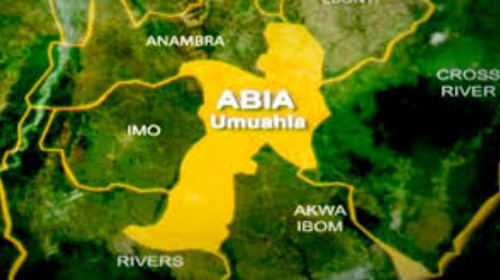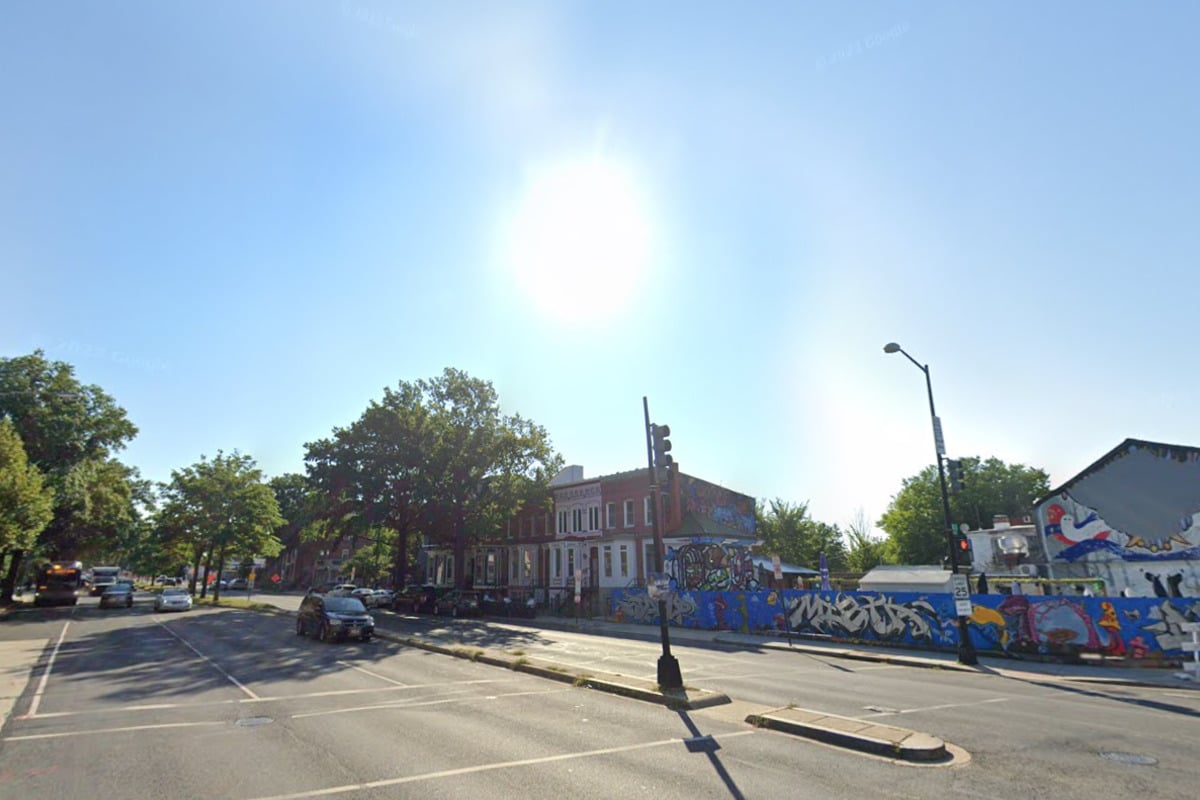By Kingsley Alumona
Copyright tribuneonlineng

SELECTED youths in Abia State are set to receive vocational training organised by the MAI Foundation for Women Empowerment and Advocacy in partnership with the Mastercard Foundation.
The one-year project, which is set to begin on October 1, 2025 and tagged the Imu Oru Upskilling Project, will impact 120 youths in the state with hands-on training in carpentry, shoemaking, and tailoring.
The organisers stated that the project underscored a shared commitment by MAI Foundation and Mastercard Foundation towards championing youth empowerment, closing critical skills gaps, and fuelling long-term socio-economic progress.
The foundation revealed that the project will integrate the Igba Boi apprentice model, where young people will undergo training in the Igbo Apprenticeship System (IAS), a socio-economic model where a master (oga) takes a mentee under their wing for a set period to teach them a trade or business skill.
The project manager, Amanda Obidike, said, “Beyond the technical expertise, the participants will also be provided with in-depth training in soft skills, business development, and financial literacy to ensure they are well-prepared to launch, manage, and grow their enterprises.”
The founder of the MAI Foundation, Chika Ezinma Obidike, noted that in Nigeria, beneficiaries of vocational programmes earn up to 30 per cent more than unskilled peers, and over 60 per cent of them go on to train others within their communities.
Obidike stated that, at the end of the project, the beneficiaries will be equipped with starter kits and resources to kickstart their businesses, creating ripple effects of opportunity and innovation within their communities.
“After the training, beneficiaries will be paired with skilled craftsmen as apprentices for a period of time. This apprenticeship is an experiential form of on-the-job skills where they will be immersed in their work-specific skills,” the organisers said.
The foundation added that the Imu Oru Upskilling Project is not just about skills, it is about building resilient communities and strengthening economies, and also about fostering gender equality and socioeconomic empowerment.



